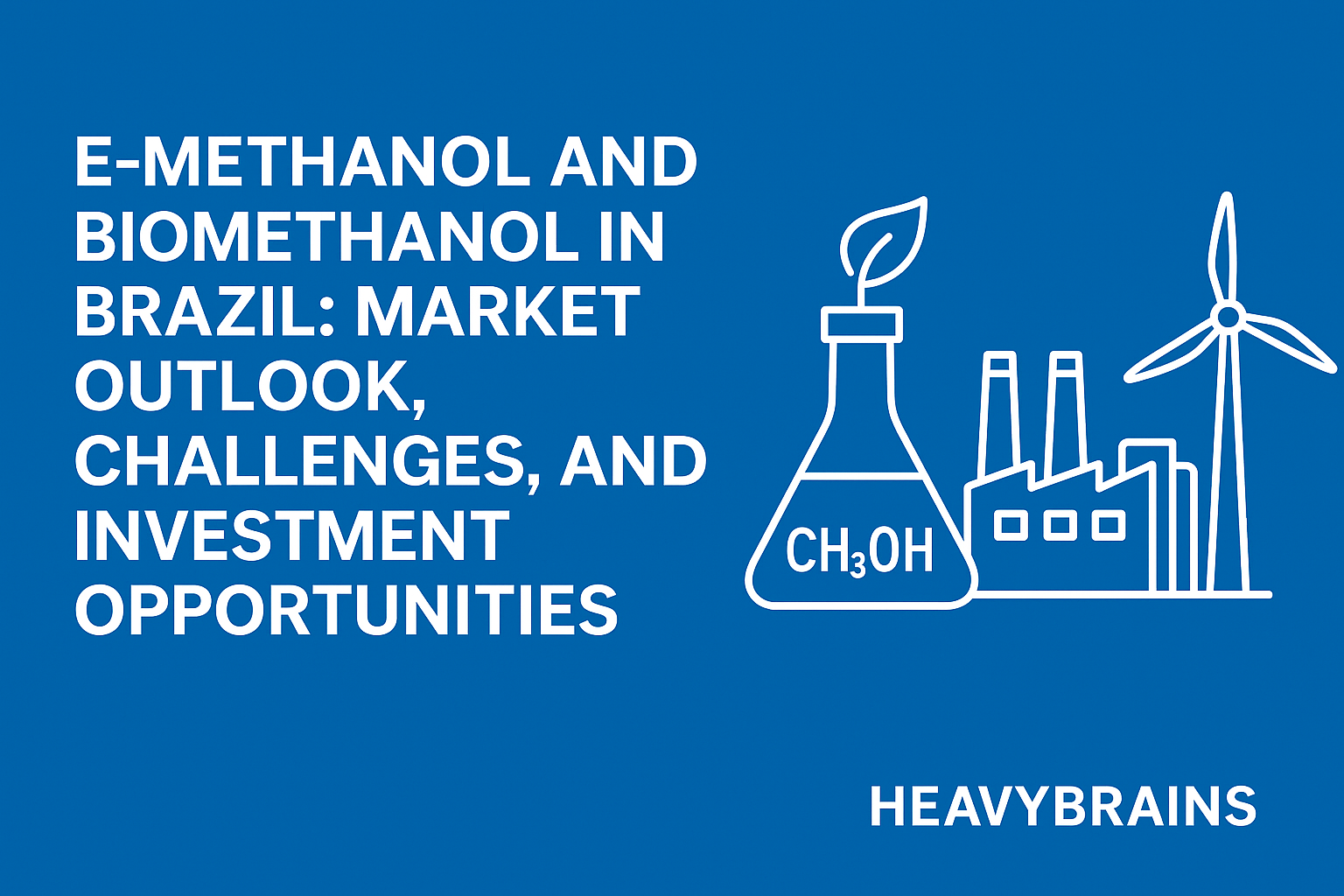

Exploring a world of possibilities in a promising energy market with well proven success.
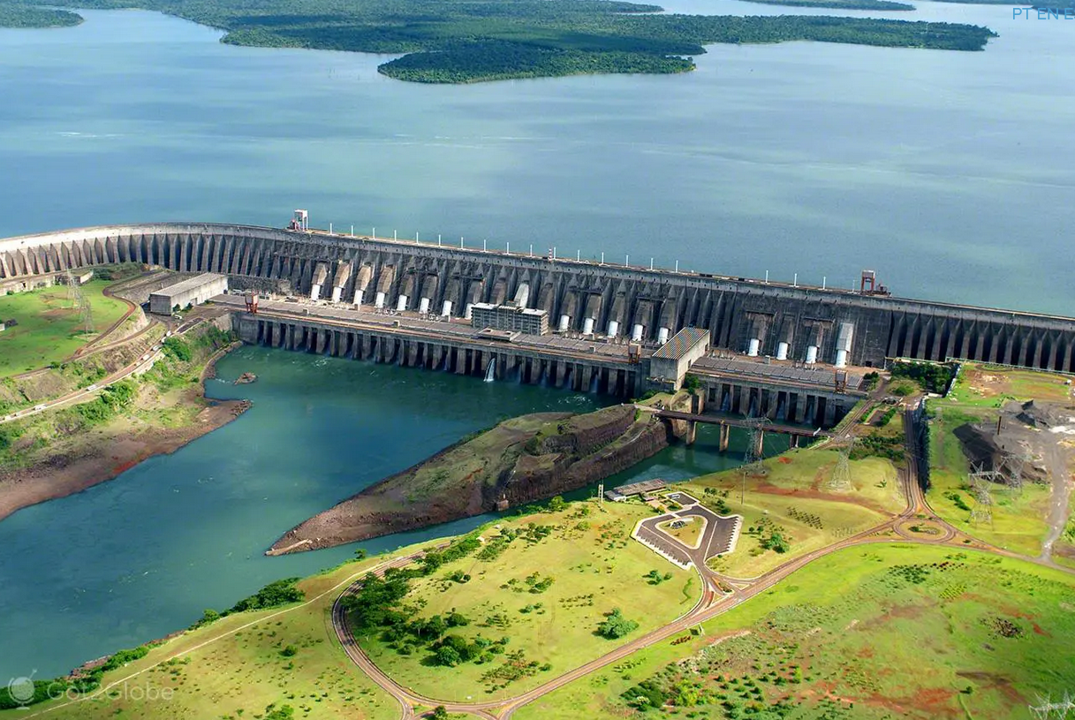
Brazil has made significant strides in the development and utilization of renewable energy sources. The country has abundant natural resources, and its energy matrix is characterized by a diverse mix of renewable energy technologies.
According to Brazilian Energy Balance 2023, the increase in wind and solar power generation (zero loss), as well as other renewables such as black liquor, biogas, and other biomass, have contributed to Brazil’s energy mix remaining at a renewable level of 47.7%, much higher than the rest of the world.
The country has set ambitious targets to increase the share of renewables in its energy mix, reduce greenhouse gas emissions, and enhance energy security. Government policies and incentives have played a role in promoting the development of renewable energy projects.
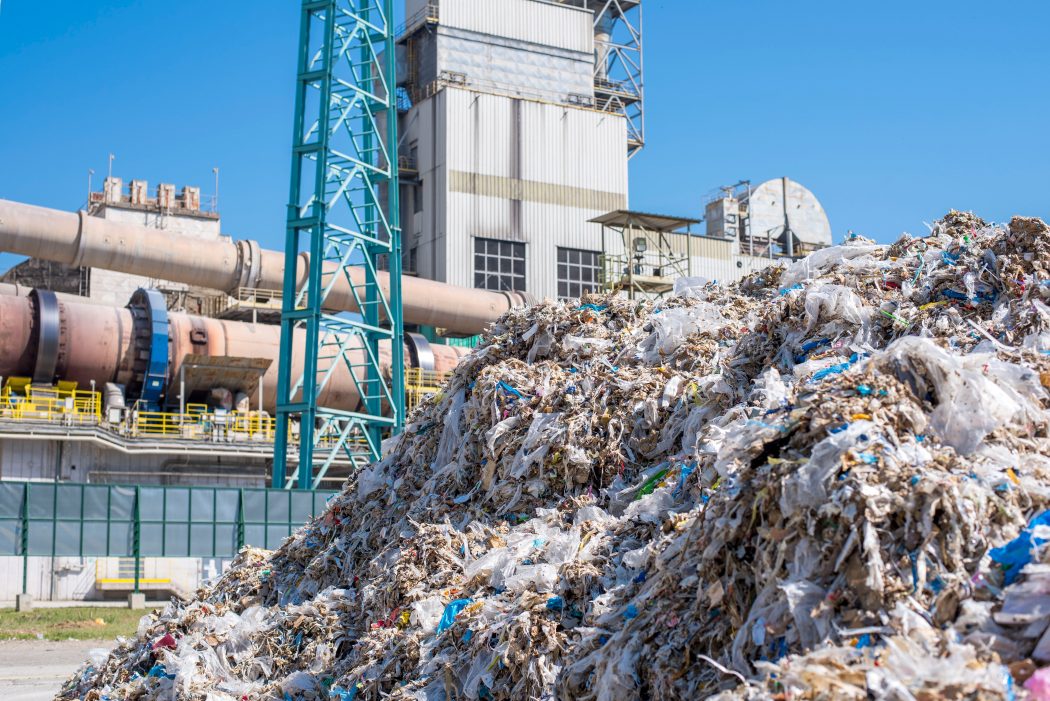
Waste-to-energy (WTE) is a process that involves the conversion of various types of waste materials into energy, typically in the form of electricity or heat. This approach helps to address two significant environmental issues: waste disposal and energy generation. The basic idea is to use the calorific content of the waste to produce energy rather than sending it to landfills.
WTE processes can generate various products depending on the specific technology employed. Some common products associated with different waste-to-energy methods are electricity, heat (cogeneration), steam, synthesis gas (syngas), biofuels, and charcoal.
According to the Brazilian Association for Energy Recovery from Waste (ABREN), considering the 28 metropolitan regions in the country with a population of over 1 million inhabitants, and at least 35 local municipalities with a population above 600 thousand inhabitants, the country has the potential to install 250 WTE power plants, able to respond to at least 6.4% of Brazil’s energy demands, with CAPEX investments of BRL 160 billion.

Electric mobility offers several advantages, including reduced greenhouse gas emissions, improved air quality, and decreased dependence on fossil fuels. However, challenges such as range anxiety, charging infrastructure development, and the environmental impact of battery production and disposal need to be addressed for widespread adoption. The ongoing evolution of electric mobility is a key component of global efforts to create a more sustainable and environmentally friendly transportation system.
The Brazilian electric mobility market is expected to experience a compound annual growth rate (CAGR) of 16.92% from 2024 to 2028, resulting in a projected market volume of US$1,236.0m by 2028.

Energy storage systems (ESS) play a crucial role in enhancing the reliability and efficiency of energy systems by balancing the supply and demand of electricity. Energy storage technologies store excess energy generated during periods of low demand or high renewable energy output and release it when demand is high or renewable generation is low. This helps stabilize the grid, improve the integration of renewable energy sources, and provide backup power during outages. Various energy storage technologies exist, each with its own advantages and applications. Some common types of energy storage are batteries, pumped hydro storage (PHS), compressed air energy storage (CAES), flywheels, thermal energy storage and hydrogen.
Energy storage technologies are critical for addressing the intermittency and variability of renewable energy sources like solar and wind, especially in Brazil. They contribute to grid stability, enable better utilization of renewable energy, and support the transition to a more sustainable and resilient energy system. The choice of energy storage technology depends on factors such as application, scale, duration, and location.
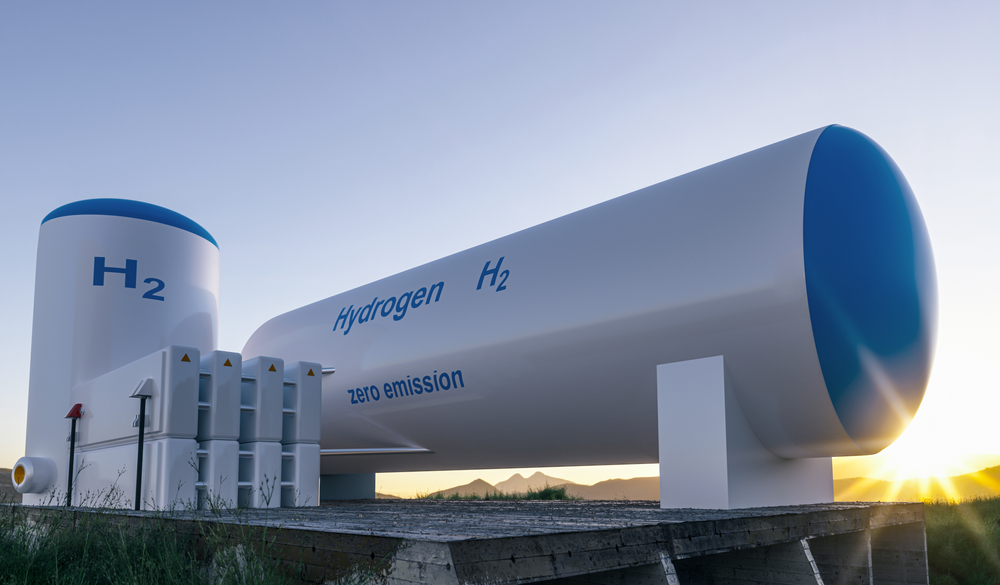
The Brazilian Ten-Year Energy Expansion Plan 2031 states that Hydrogen has gained greater relevance in the energy and climate strategy of several countries, including Brazil, mainly because it offers an alternative for sectors that are difficult to reduce carbon emissions and because it also constitutes an energy vector, enabling its storage, and favoring the coupling of the energy sector to the industry and transportation sectors.
Accelerating the development of the low carbon hydrogen market will bring a series of business opportunities (for oil and gas, renewables, biofuels, nuclear and other industries), as there are different technological routes and inputs for their production.
The various recent initiatives linked to the development of the global hydrogen market reflect these opportunities, with Brazil being a potential supplier for the domestic and international market, considering production through different technological routes. Given the magnitude of this potential market in the coming years, as well as its impact on different sectors, the insertion of hydrogen in the Brazilian energy planning becomes fundamental.
The estimated annual production of hydrogen from the estimated surplus of energy resources for hydrogen production in the timeframe of 2050 is of the order of 1,850 Mt/year, with offshore renewable resources standing out with an enormous technical potential for hydrogen production.
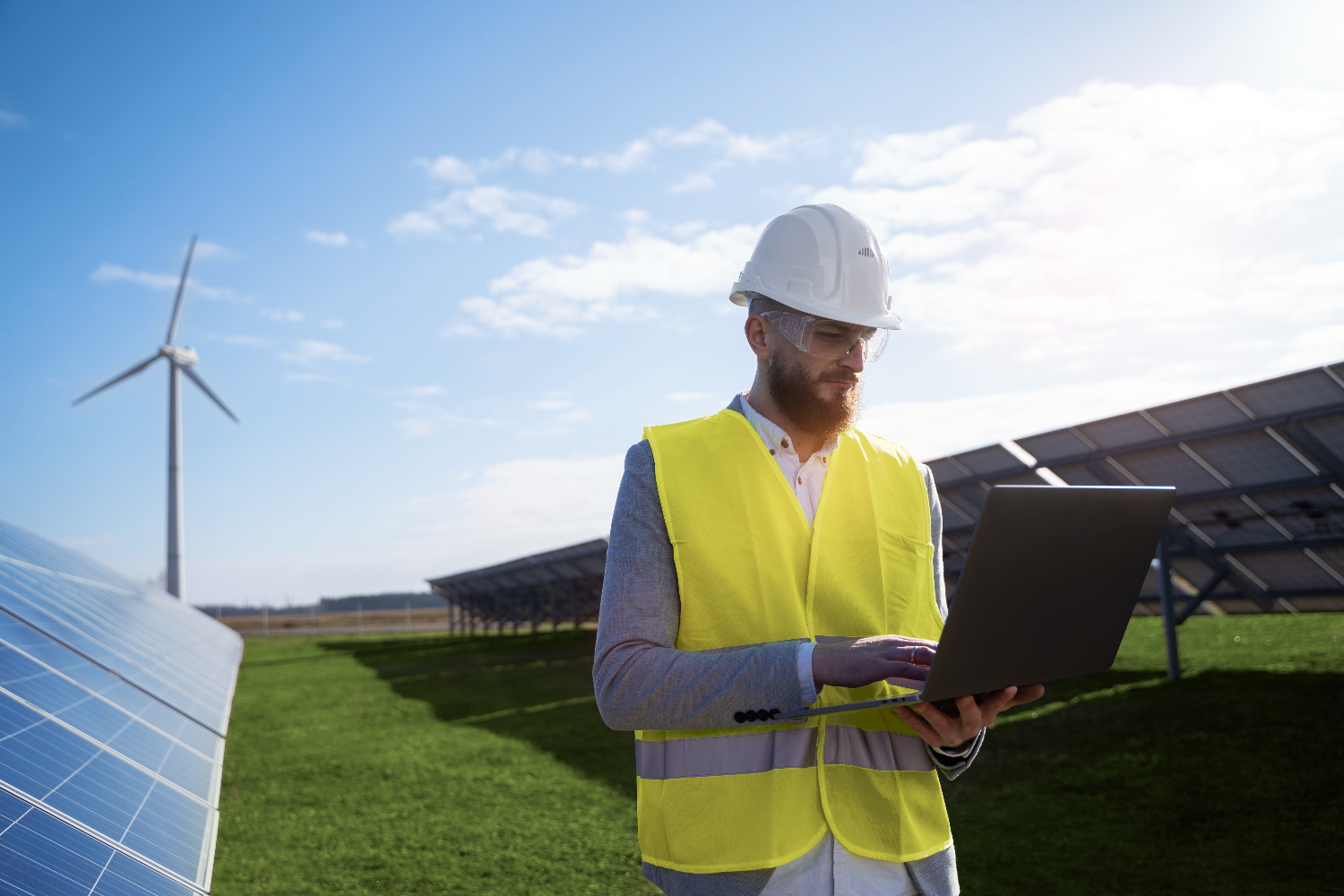
Energy Efficiency and Demand Response are two strategies that play a significant role in optimizing energy consumption, improving overall energy management, and enhancing the sustainability of energy systems.
Energy efficiency refers to the ratio of useful energy output to the total energy input in a system. It involves using less energy to perform the same tasks or achieve the same level of service. Energy efficiency measures can be applied in various sectors, including residential, commercial, industrial, and transportation.
Demand response involves adjusting electricity usage in response to signals from the grid operators or energy providers. The goal is to manage electricity demand during peak periods, reduce stress on the grid, and enhance grid reliability. Demand response programs can be initiated by utilities, grid operators, or through advanced technologies that allow consumers to actively participate.
Energy management efforts are mandatory in Brazil whether for businesses to become more competitive and profitable, as well as for the government to plan power expansion, system operations and market regulations.
Send us an e-mail to know more our solutions and skills
contact@heavybrains.com
Heavybrains is a consulting firm focused on bringing foreign investment to Brazil, strongly specialized in the energy sector.
Our team is composed by a multidisciplinary set of experienced professionals, committed to help you to invest with confidence and safety.
Heavybrains © Copyrights 2024. All rights reserved.